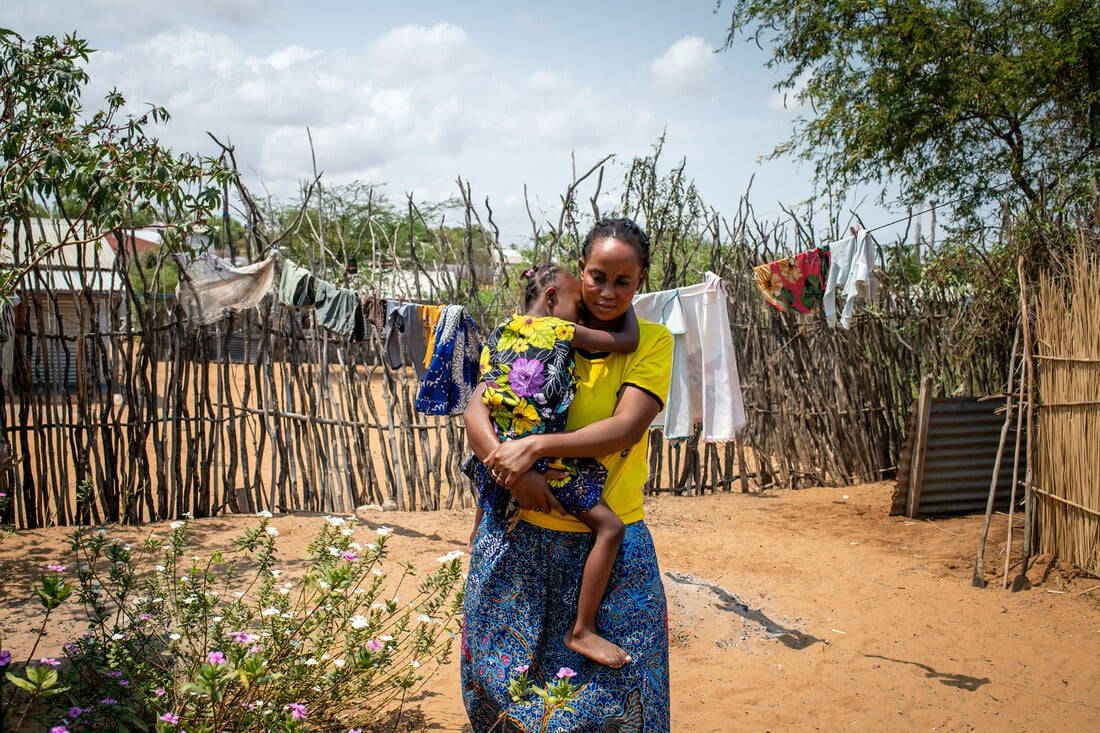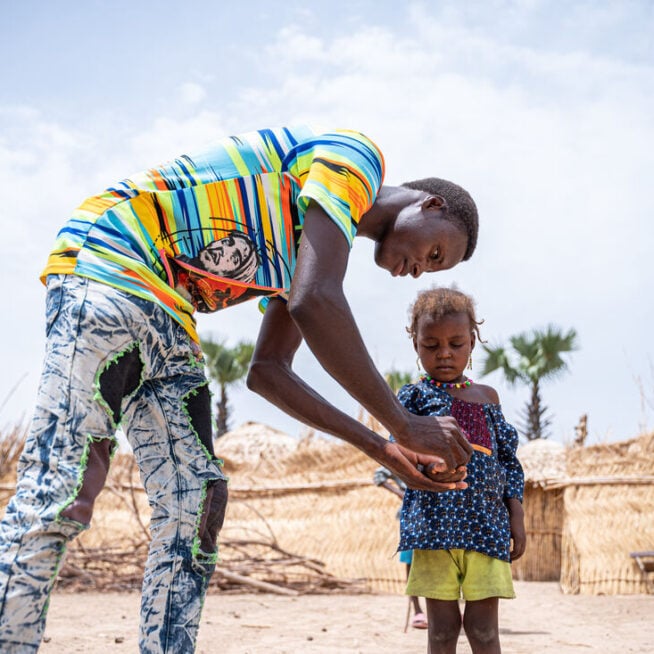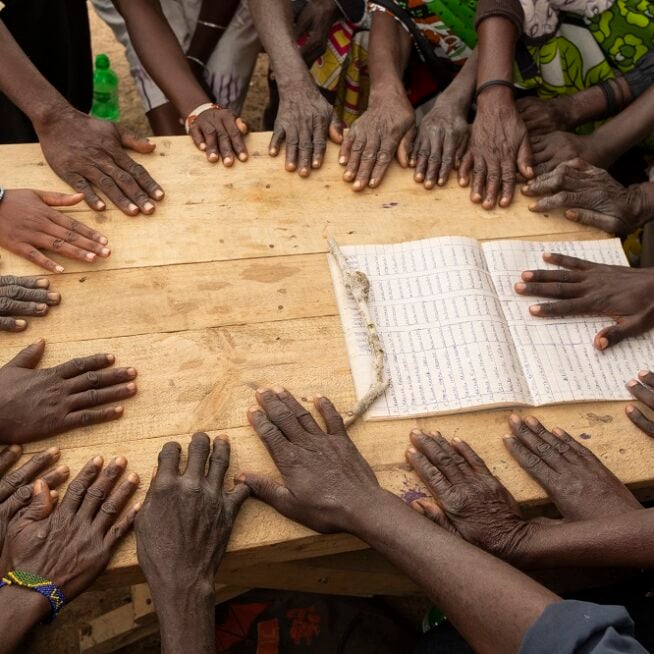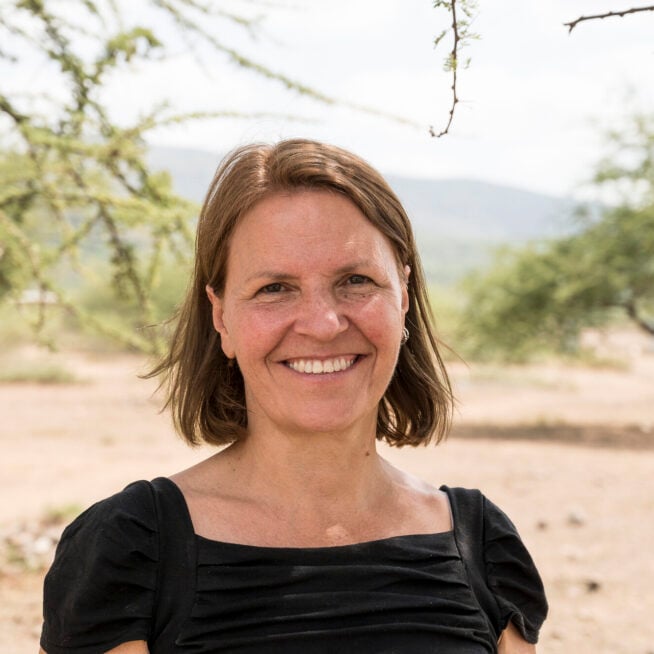All women have the right to good quality healthcare – especially during pregnancy and childbirth. Today (23rd May) on the International Day to End Obstetric Fistula, we’re celebrating the work of our partners in Nigeria who are working to #EndFistula.
23 May: International Day to End Obstetric Fistula
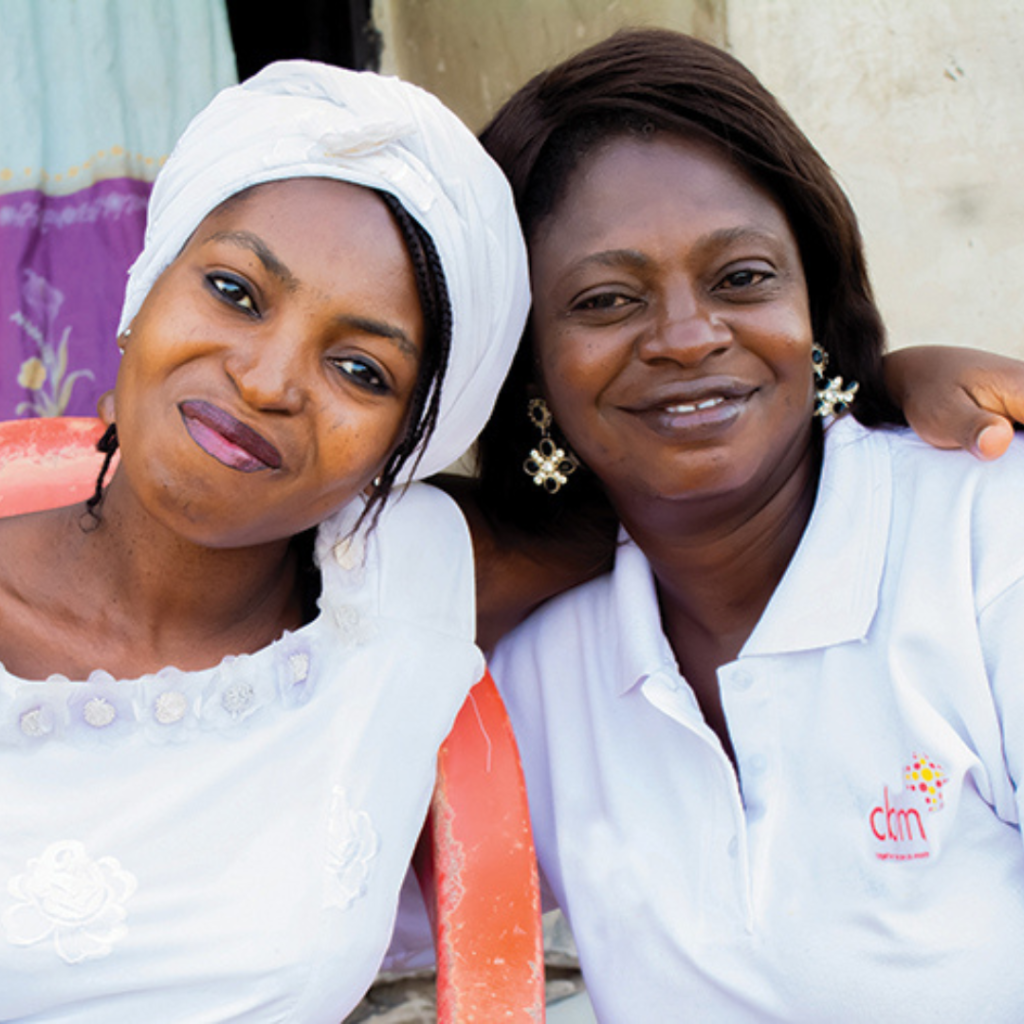
Fistula is a debilitating condition causing incontinence and a risk of life-threatening infection. A fistula (a hole in the birth canal) is usually the result of prolonged labour and lack of maternal healthcare.
More than two million women are living with fistula in low-and-middle income countries. According to the World Health Organisation between 50,000 to 100,000 women worldwide develop obstetric fistula every single year. In these countries, for every woman who receives treatment, at least 50 go without.
Nigeria is placed among the top 10 most dangerous places for a woman to give birth. Worldwide, 40% of obstetric fistula cases are in Nigeria. Although obstetric fistula surgery is relatively simple, in Nigeria few surgeons are trained in this delicate operation.
Alongside our fantastic local partners, we are working hard in Nigeria to support access to good quality maternal and new-born health services which can prevent and treat fistula. We are grateful for the support of our celebrity ambassadors, Joanna Lumley and Penelope Wilton, who are both committed to raising the profile of this debilitating condition, and the need for better treatment:
“No woman should have to endure this terrible condition, especially as it can nearly always be treated with surgery.” – Joanna Lumley
“It’s heartbreaking to know that some women have been living with the devastating impacts of obstetric fistula for years, even decades.” – Penelope Wilton
Mainunat’s story
After a long and difficult labour in Nigeria, Maimunat gave birth to her son. Just a week after the birth she began leaking urine.
Maimunat’s husband rushed her to a nearby hospital but she immediately encountered two barriers that so many women like her face:
- Lack of fistula surgery skills – no one at the hospital knew how to repair her fistula.
- Surgery was too expensive – even if the hospital could access a visiting surgeon, Maimunat and her husband could never afford to pay for the cost of the surgery.
Maimunat had been a joyful praise singer and dancer, but after she developed fistula she feared that she would never be able to go to church again. Her mental health and physical health also suffered. She became dangerously underweight and frail, and her condition left her vulnerable to life-threatening infections. No mother should ever die because of fistula, but year after year, many mothers still do.
Together with our local partner, SFHF (Survive Fistula Health Foundation), we’re working to provide surgery and rehabilitation for women with obstetric fistula in Nigeria.
With the support of SFHF, Maimunat was able to travel to hospital in Nigeria’s capital, Abuja. There she was greeted by the warm hospital matron. “This lady didn’t know me,” Maimunat said gratefully, “but she took me as her sister.”
After her successful surgery, Maimunat smiled, laughed, praised God, and began to sing: “Come and join me – Sing Hallelujah”.
Header image: Maimunat sits with Victoria, Matron at CBM partner Survive Fistula Healthcare Foundation (SFHF)
